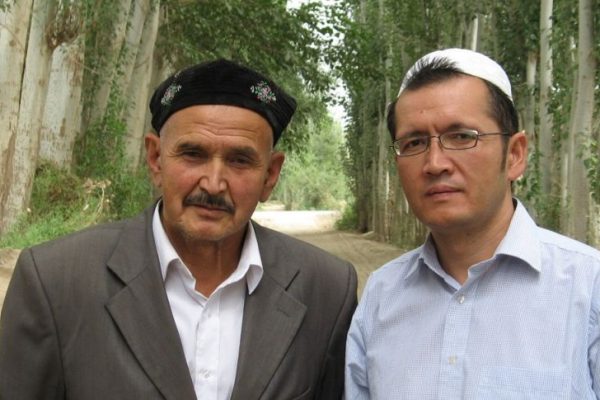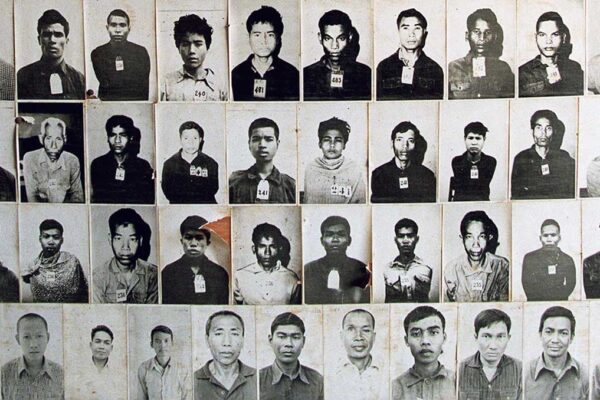The ICJ ruled that Myanmar must abide by the genocide convention, and must take all measures within its power to ensure the protection of the Rohingya as well as ensuring the prevention of any further killings. The court also ordered Myanmar to preserve and report back with all evidence of alleged crimes made against the Rohingya population, and must present this evidence within four months.
The ICJ ruled that Myanmar must abide by the genocide convention, and must take all measures within its power to ensure the protection of the Rohingya as well as ensuring the prevention of any further killings. The court also ordered Myanmar to preserve and report back with all evidence of alleged crimes made against the Rohingya population, and must present this evidence within four months.
The United Nation’s top court has made a monumental decision, ordering “provisional measures” against Myanmar to ensure they take steps towards protecting the persecuted Rohingya minority. The International Court of Justice (ICJ) ruled that the Rohingya “remain at serious risk of genocide”, with Myanmar not proposing any measures towards protecting their right to exist.
The ICJ ruled that Myanmar must abide by the genocide convention, and must take all measures within its power to ensure the protection of the Rohingya as well as ensuring the prevention of any further killings. The court also ordered Myanmar to preserve and report back with all evidence of alleged crimes made against the Rohingya population, and must present this evidence within four months.
Amnesty International’s Regional Director, Nicholas Bequelin, stated in regards to the ICJ ruling:
Today’s decision sends a message to Myanmar’s senior officials: the world will not tolerate their atrocities, and will not blindly accept their empty rhetoric on the reality in Rakhine State today. An estimated 600,000 Rohingya who remain there are routinely and systematically denied their most basic rights…Myanmar must comply with the ICJ’s ruling and take immediate action to cease ongoing violations against the community and to prevent the destruction of evidence.”
This ruling comes after The Gambia filed a case at the International Court of Justice in November of 2019, stating that Myanmar was breaching its obligations under the Genocide Convention of 1948 with the atrocities happening to the Rohingya minority. The Gambia urgently requested the ICJ to order “provisional measures” to prevent the continued genocide being committed against the Rohingya, and to protect the minority group from further harm.
During the public hearings in the Hague following The Gambia’s formal complaint, Myanmar leader Aung San Suu Kyi rejected all accounts of genocide, and attempted to urge the court to refuse the request for provisional measures. The ICJ has now however ordered Myanmar to abide by the binding genocide convention, and to report back with further evidence in the coming months. It remains to be seen, however, how compliant Myanmar will be with this most recent decision.





